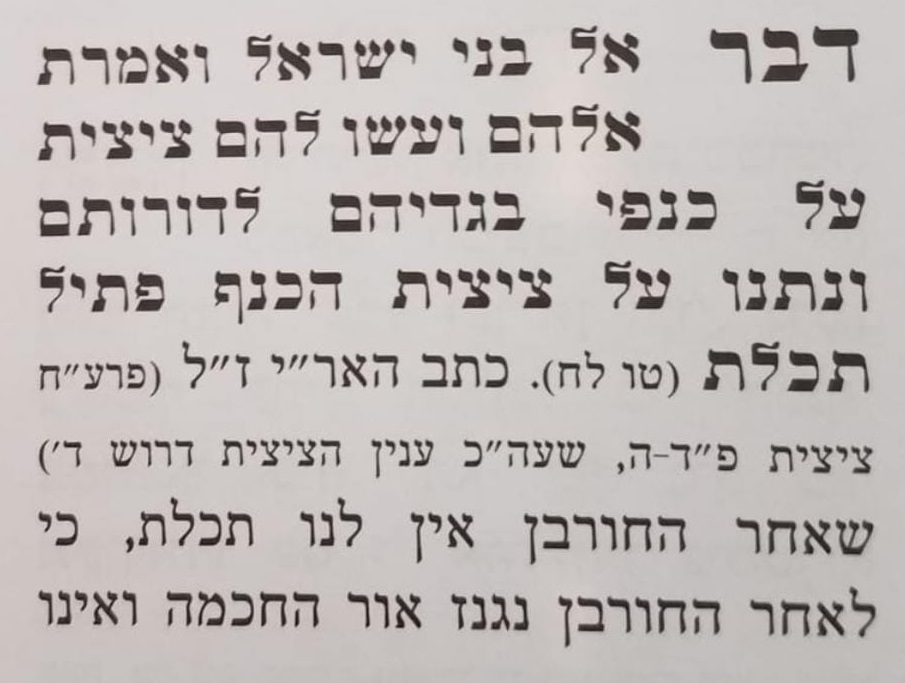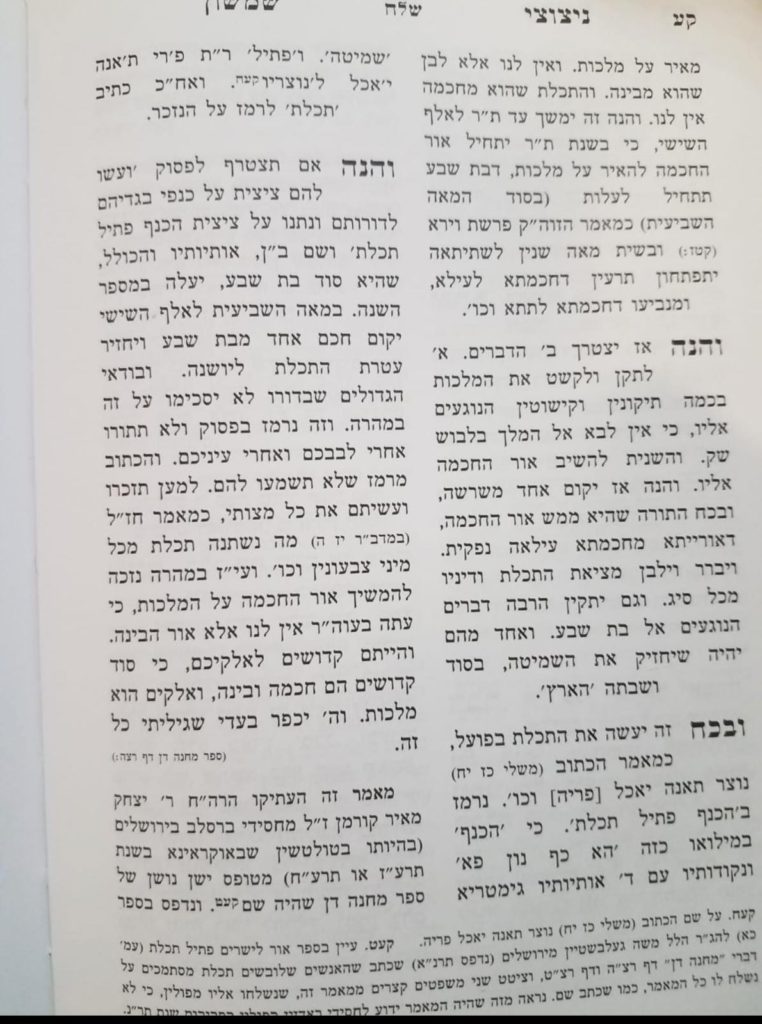Against Excessive ‘Malchus Shel Chessed’ Rhetoric
Quoting the end of chap. 2, “Sport” of “You Gentiles” by Maurice Samuel):
… I shall be reminded that wherever war was declared we Jews have responded as readily and as eagerly as you gentiles. Statistics (which are quite reliable in such rule-of-thumb matters) bear this out. But I do not believe that we did so from motives that resembled yours. Many reasons compelled us. We are everywhere, to a large extent, aliens. A sense of inferiority in status drives us to extremes of sacrifice in justifying our claims to equality. More than that: we Jews are so frequently and so vigorously reminded, in all constitutionally governed and liberal countries, that we ought to be grateful for permission to live there, that we develop a gratitude which is not only disproportionate but occasionally grotesque. Our children, in schools and elsewhere, are taught, year in, year out, to contrast their present freedom and equality of opportunity with the oppression and bitterness which was the lot of their parents elsewhere. Frequently the contrast, as painted in their imagination, is not a duplicate of the reality. However this may be, these incessant and vehement reminders produce their effect. The child almost comes to believe that it was for the especial benefit of oppressed foreigners that America became a “free country” and, instead of accepting American forms of government level-headedly, with the proper degree of appreciation and criticism, he develops a suppressed hysteria of gratitude. This is not a healthy and natural feeling. Children should not be made to feel such things. And if it comes to the matter of contributions to liberty, we Jews have done as much for the enfranchisement of man as any other people. But the Jew, the oppressed par excellence, begins to look upon America’s liberty as a personal favor. No wonder then that Jews will rush to fight for America. Yet, despite the contradiction of figures there is still a strong impression abroad that the Jews”failed in their duty,” were “slackers.” This feeling rises from an instinctive appreciation of that difference between us. We Jews don’t like fighting. You gentiles do. Moreover, because you like fighting, you are much more skilful than we in hiding occasional reluctance to fight. Indeed, it is obvious that the more fearful you are of taking a hand in the combat, the more you will glorify and idealize it: while the Jew who is afraid adds actual and overt dislike to his cowardice.


